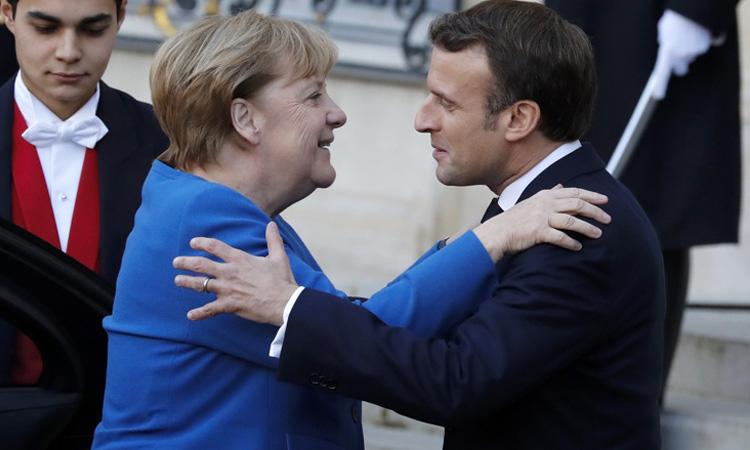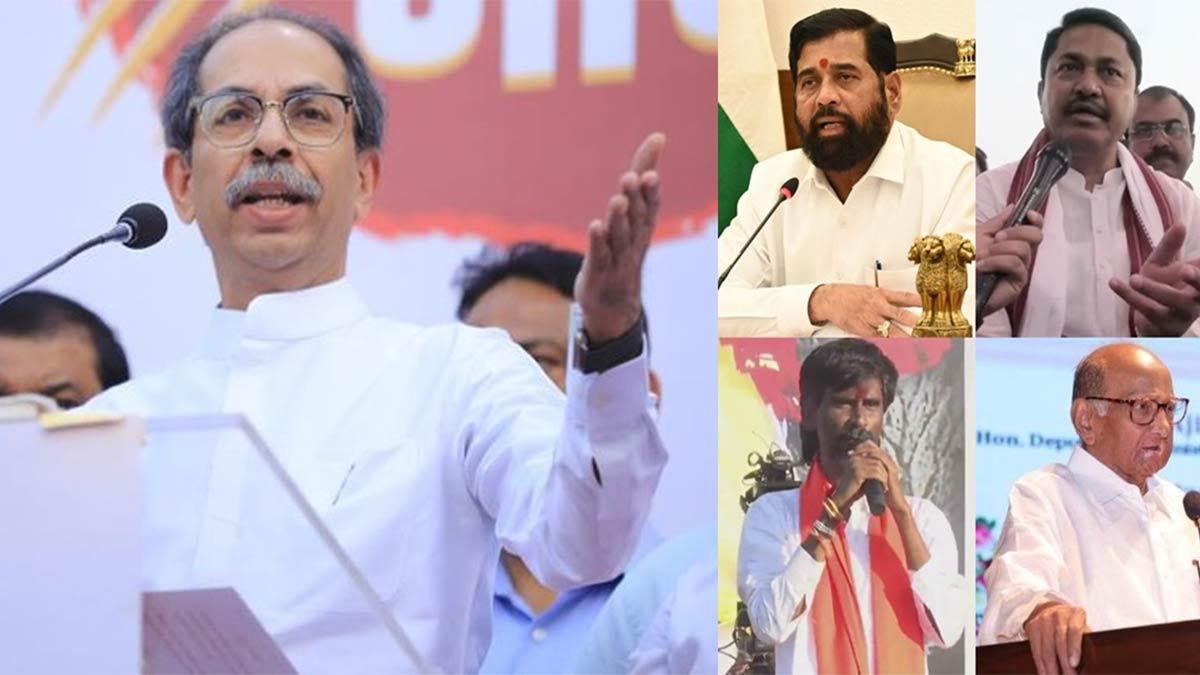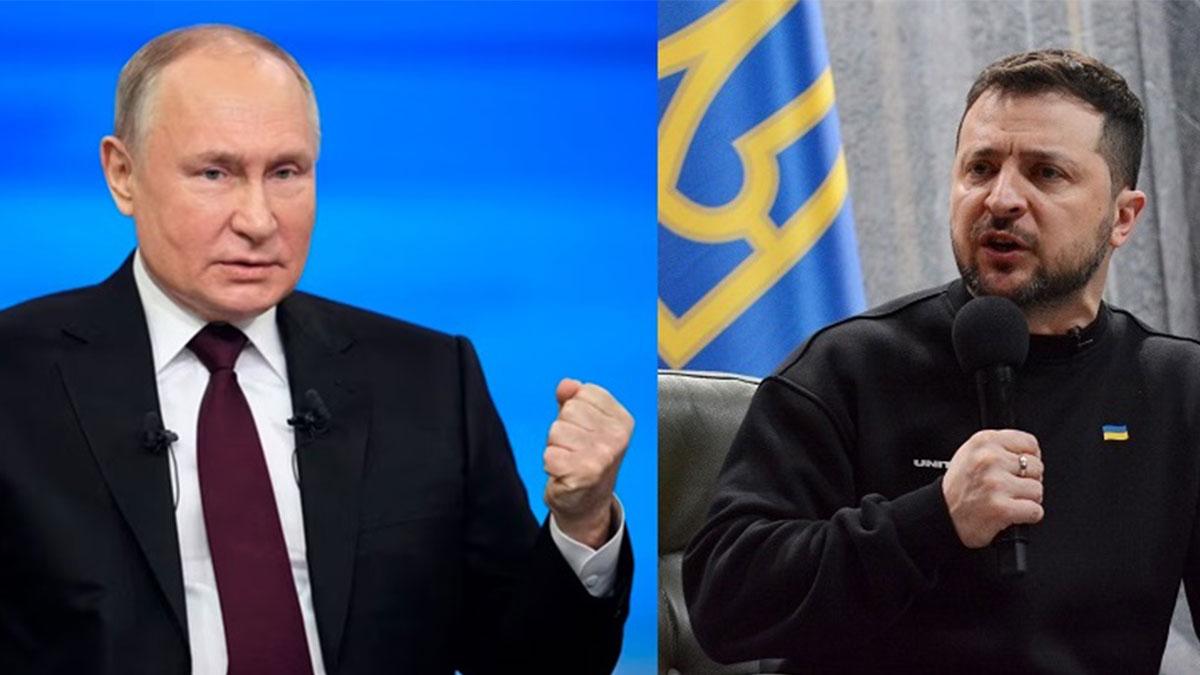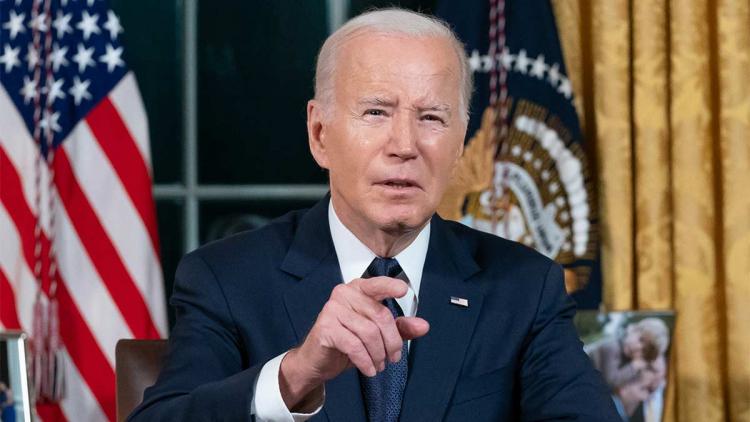Right when the G7 Summit of the seven wealthiest democratic nations begins in Cornwall in the south of UK, French President Emmanuel Macron dropped a bombshell, saying that France, and hopefully the European Nation (EU), will maintain equidistance from both the US and China.
"Our approach in terms of Indo-Pacific strategy is not to align with anybody. The line I'm advocating for France, and I hope for Europe, is not to be made a vassal by China nor be aligned with the United States on this subject."
He shared these views at a news conference, highlighting that France would like to remain neutral in matters of defence in the Indo-Pacific region.
Also Read | G-7 Summit 2021: Reality and expectations
In doing so, Macron appeared to be returning to his country's de Gaulian roots. At the height of the Cold War, former Prime Minister Charles De Gaulle saw France as a "third pole," which was neither aligned with the United States, nor the former Soviet Union. In de Gaulle's worldview, France was an independent player on the global chessboard, with its own set of partners and followers, attuned to the French, if not European way of life.
The French leader's opinion is significant as it comes before an extended grouping of G7. British Prime Minister Boris Johnson has also invited India, Australia, South Korea and South Africa to the summit under the guise of key Indo-Pacific players. Prime Minister Narendra Modi will participate virtually.
The US has been voluble about forging an anti-China alliance with like-minded countries owing to China's territorial ambitions and its unsheathed aggression in various geographical quarters. In a recent thought paper, made public by US President Joe Biden, he had made it clear that China has come up a formidable competitor and enemy in the areas of defence and technology. Biden's paper laid emphasis on knitting together like-minded democracies to take on China.
Also Read | On Kashmir, UNGA President might have got it all wrong
With the US trying to stitch together a coalition with allies in Europe and in the Indo-Pacific, the French President's views have sprung a surprise. As Malhotra says: "In my opinion, the divergence of views within the European community in this context may impact on the US President's desire to forge a global alliance against China to a certain extent".
The divergence of opinion reflects some amount of confusion among the European nations.
France has, to the contrary, in February this year sent its battle ships to the Indo-Pacific for the three-month mission. The ships will sail through the South China Sea at least twice and will also hold maritime exercises with the US and Japanese navies.
France has also deployed a nuclear attack submarine in the South China Sea to re-affirm its, the European Union's and the American government's position on the freedom of navigation in the international seas.


















